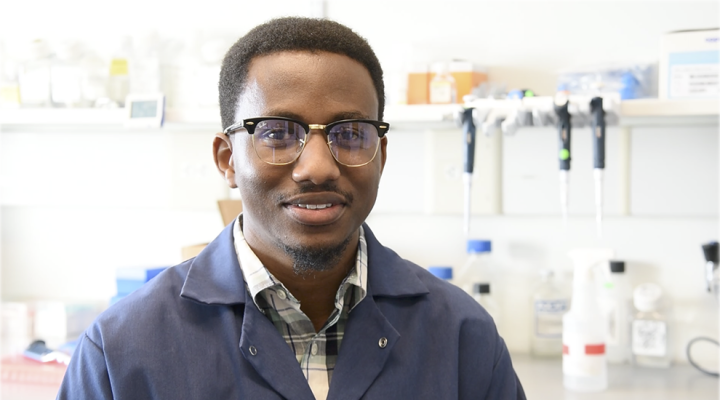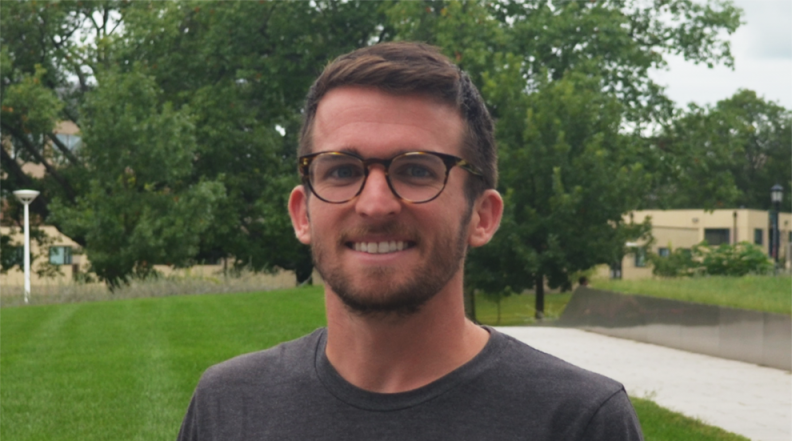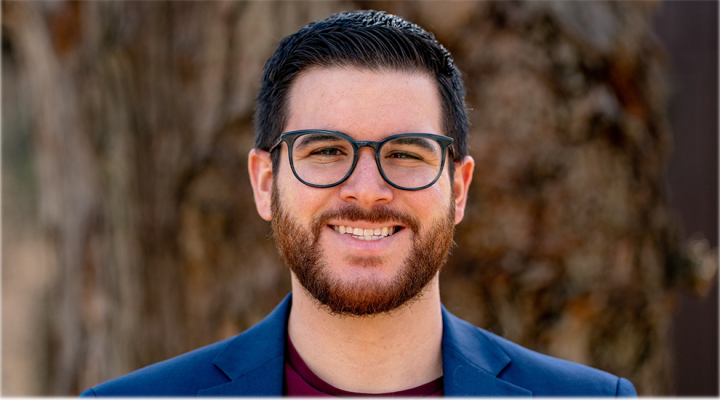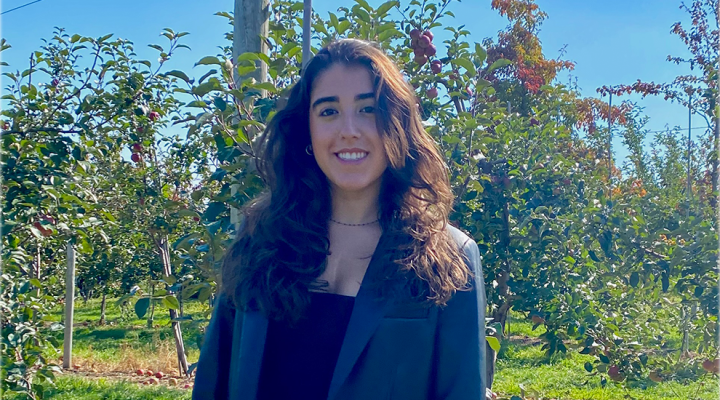Hometown: Burke, Virginia
BME Degree Program: PhD
Lab affiliation/Adviser:David Christini
Awards/honors: NIH F31 Grant
Why did you choose Cornell?
I was interested in Cornell because the biomedical engineering program offers a unique opportunity of learning at one of the best engineering and medical research centers in the country. Additionally, I found that the faculty and staff at both Cornell and Weill Cornell were exceptionally accommodating of my interest to explore research labs in both Ithaca and New York City.
Why did you choose biomedical engineering?
After graduating with a B.S. in biomedical engineering in 2014, I spent four years working in education and tech. While I enjoyed learning about these areas and developing my communication and programming skills, I wasn’t fulfilled professionally. I enjoyed working in a lab in undergrad and pursuing my own research project. I found that I missed biomedical sciences – both expanding my knowledge and feeling a part of that community.
What is your area of focus and why is it important?
On average, it takes a pharmaceutical company over ten years of safety and efficacy testing to get a drug approved by the FDA. The most common reason for a drug to fail the FDA approval process is because it has the potential of causing lethal sudden cardiac arrhythmias. My lab develops methods that use genetic data and prescription drug information to improve the prediction of a drug’s risk of causing lethal arrhythmias. We hope that these methods will improve the number of safe, high-quality drugs available to the public.
What stands out to you about your Cornell BME experience so far?
The defining moment for me was rotating in a lab at Weill Cornell in New York City. Because the BME department has faculty in both Ithaca and NYC, I had the opportunity to rotate in labs on both campuses during my first semester. At Weill Cornell, I loved the biomedical research environment and access to the amazing faculty and clinical research opportunities at the adjacent institutions (Memorial Sloan Kettering, Rockefeller University, and NY Presbyterian).
Any interests outside of or in relationship to your scholarship?
Outside of the lab, I spend most of my time hanging out with my fiancée. We both like to run in Prospect Park, and spend our evenings reading and re-watching old TV shows like the Sopranos and Breaking Bad.
What advice might you give other students considering Cornell or BME?
Be proactive about your research. The administrators in the BME department are committed to helping you find a lab where you will be happy and successful. Unfortunately, they can’t make the decision for you. You can help yourself by rotating in multiple labs and taking each rotation seriously.
What’s the next step for you?
I still have a couple more years in my Ph.D. program, so it’s hard to say what I’ll be doing after I graduate. With that said, my goal is to pursue a career in academia, so I will likely look for post-doctoral positions upon graduation.
Favorite quote that helps inspire you in your work/life?
"We need to remember what's important in life: friends, waffles, work. Or waffles, friends, work. Doesn't matter, but work is third." -Leslie Knope





